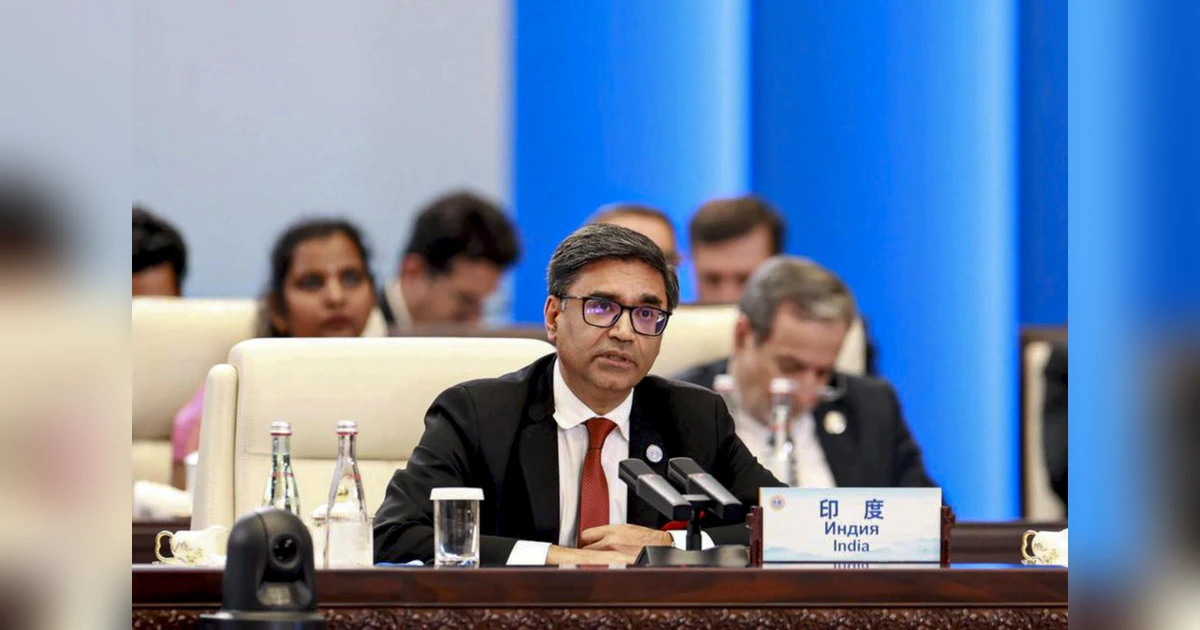There’s a series of questions I often receive from people around me who know of my military background, particularly since Russia invaded Ukraine. These questions, while no doubt well-intended, are often ill-formed. Here, I want to identify these questions and explain what I think they get wrong.
A common question is what I predict will happen – how will the war end, who will win, how long might it go on, things like that. To questions like these, the only honest response I can give is, “I have no earthly idea, and neither does anyone else.” Prior to the invasion, there was a widespread consensus that the Russian military would quickly plow over the Ukrainian armed forces leading to a swift capture of Kyiv. Outside observers drastically underestimated both the resilience of the Ukrainian military and the ineptitude of the Russian military. Where things will go from here is equally opaque to me, and I doubt very much anyone else can effectively say otherwise.
Sometimes, I’m asked how I think Ukraine could most successfully drive out Russia. This, too, falls into the “I have no idea” category. Simply having a military background doesn’t give someone the kind of insight needed to make that kind of call. In my last couple of years in the Marines, I was an instructor at the rifle range, running both annual rifle requalification training as well as pre-deployment combat training. If you want to know how to effectively fire particular weapons, I can provide excellent advice.
If you want to know how to effectively run a major military campaign, however, I possess no special insights. Indeed, I’ve become increasingly skeptical over the years that anyone has the kind of insight needed to make justifiable and accurate predictions on matters like this. Even the best and the brightest, with all their training and education, can be made fools of by the randomness and overwhelming complexity of the real world.
But the comment I find most objectionable is when someone suggests to me that by having served in the military, I have gained a special “moral authority” in my opinions on military matters. I reject this idea with every fiber of my being. The idea that my thoughts on these matters should be evaluated by anything other than the merits of the arguments I make is something I find immensely ugly and frankly insulting. Military experience bestows no special moral authority in one’s opinions. No amount of skill in firing a rifle will give you any special insight on when it’s okay to pull the trigger.
Some might say this additional authority comes from the fact that military members have a special insight that comes from bearing the costs of military actions, and thus can offer a more informed opinion on whether such actions are “worth it.” There are a couple of problems with this. First, to know whether something is worth it, we need to know more than just the costs, we also need to make an accurate and justified account of the benefits. As mentioned before, I doubt anyone has the kind of knowledge needed to make such an account. Second, it’s simply not true in a country with a volunteer service like the United States that members of the military uniquely bear the costs of military engagement – here, I outsource the explanation for why that is to Don Boudreaux, who, as is inevitably the case, makes the argument better than I could hope to myself, along with a relevant postscript.
But place those issues to the side – indeed, I’ll assume for the sake of argument that both points are mistaken. Even then, it’s far from clear that military experience – even wartime experience – gives one special insight into whether nor not such actions are justified. There are good reasons to suspect the opposite. One reason is a variation of the Benjamin Franklin effect. This quirk of human psychology was noticed by Franklin, who suggested that the best way to get someone to like you isn’t by doing a favor for them, it’s by getting them to do a favor for you. This effect takes advantage of the fact that actions can drive our perceptions and opinions – we want to believe the way we’ve acted in the past is justified. The Benjamin Franklin effect takes advantage of this – “I did something nice for that person, so I guess that means I like them.” When the actions taken go beyond a simple favor – when they involve great difficulty, risk, hardship, and even tremendous loss – there is every reason to believe those who have endured the experience will struggle mightily to convince themselves such actions must have been justified and worthwhile. To acknowledge the opposite is often something people find too difficult to bear. This might strike some people as an offensive line to take, but as far as I can tell, it is true. And we must resolve to never find the truth of any matter offensive – particularly when war and peace are concerned. There’s too much at stake.




































